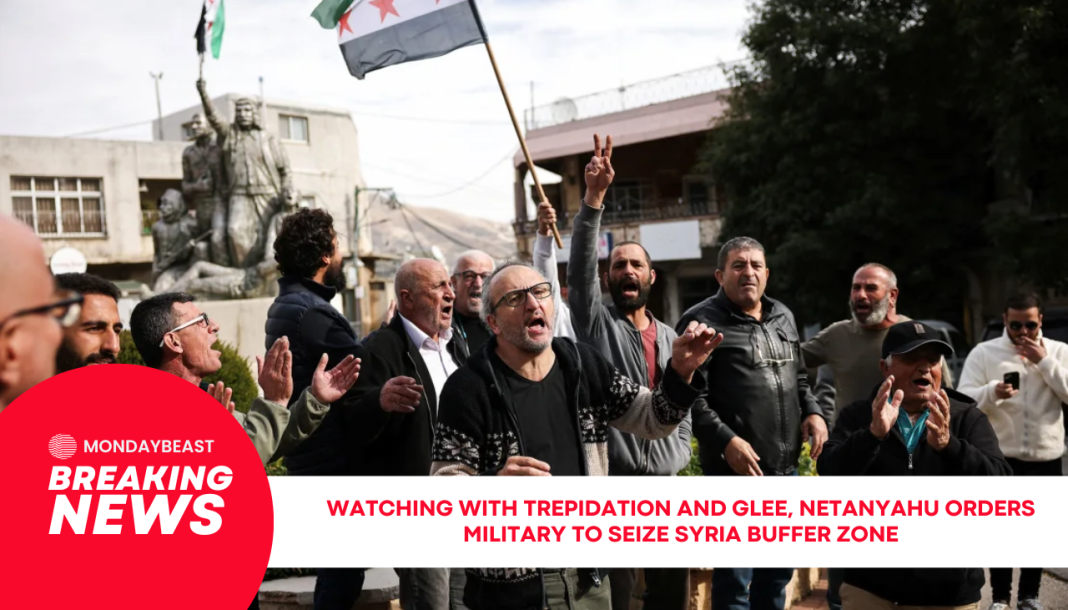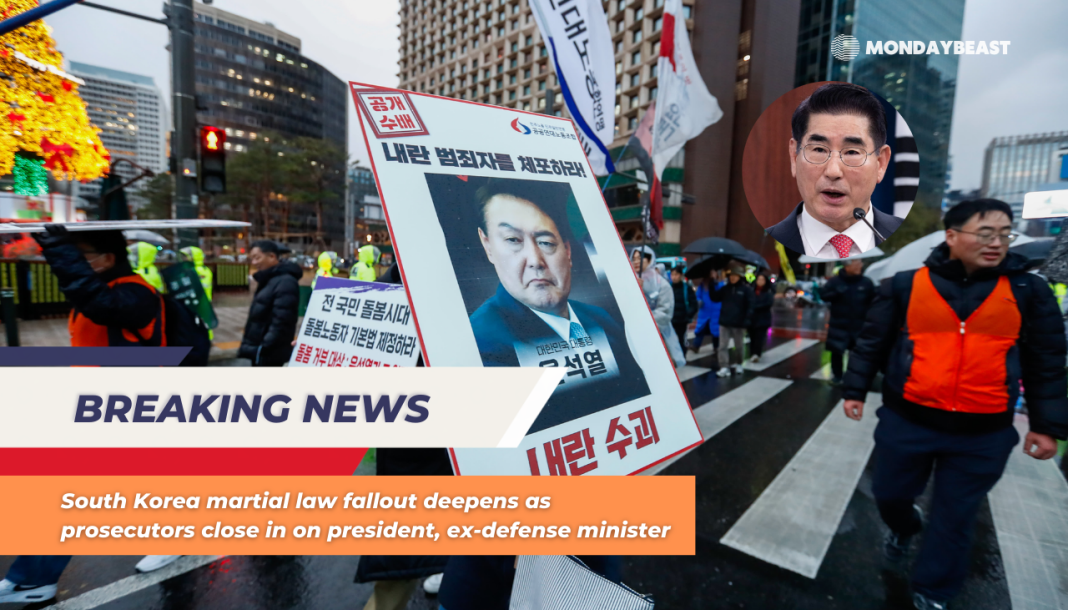On a Sunday that reverberated through the corridors of power, Israeli Prime Minister Benjamin Netanyahu made a declarative statement. He tied the recent events in Syria to Israel’s military actions. To him, the collapse of Bashar al-Assad’s regime wasn’t just a tragic occurrence; it was a meticulous strategy borne from Israel’s longstanding campaign against Iran and its proxies.
“This is a historic day in the history of the Middle East,” Netanyahu proclaimed, almost as if he were celebrating a seismic shift in the geopolitical landscape. But as we think about this moment, one must wonder: at what cost does this ‘victory’ come? The fervor of Netanyahu’s statement is undeniable.
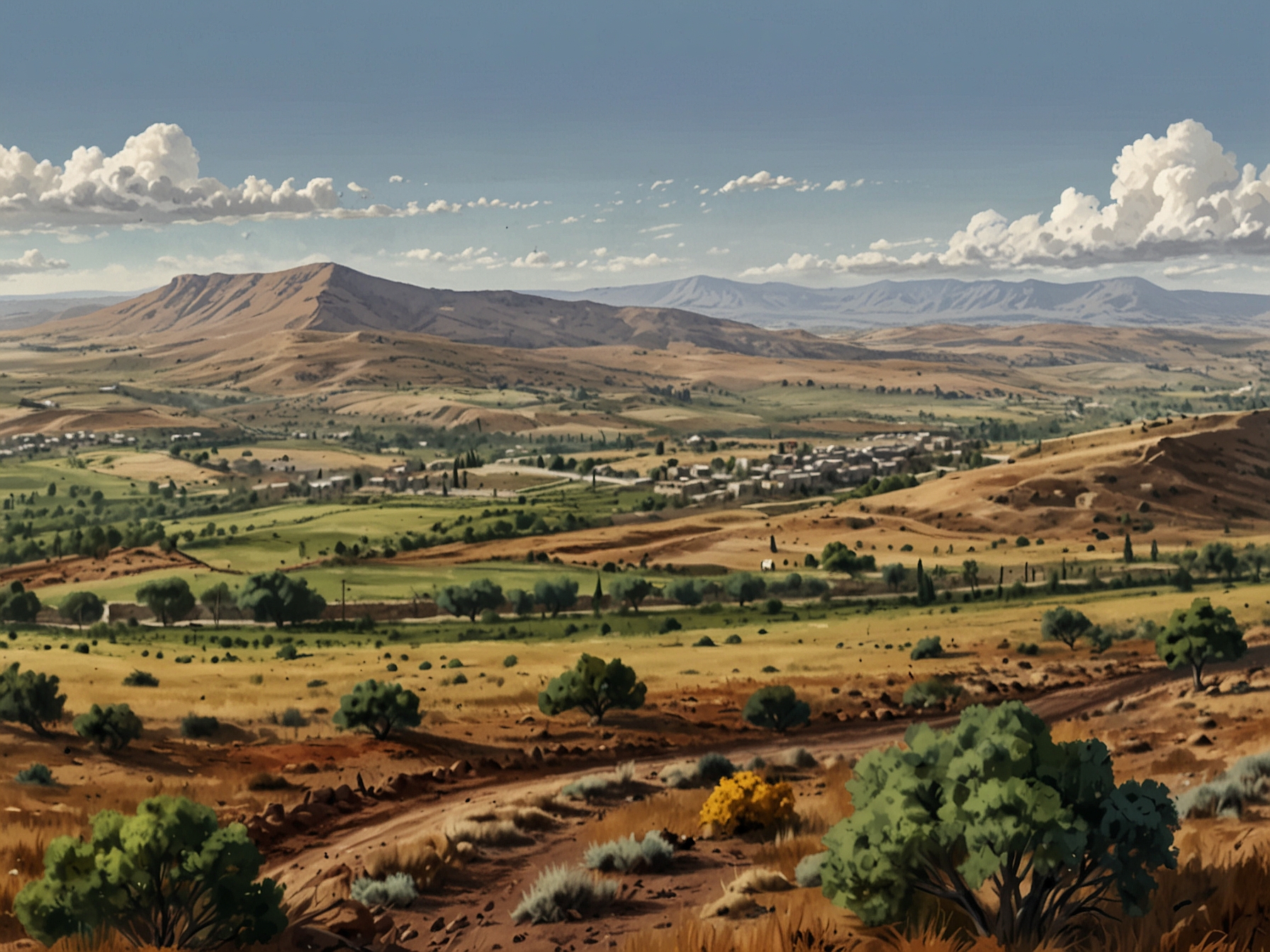
It’s a game-changing moment, but the unknowns loom larger. In an unexpected turn, Netanyahu ordered the Israeli military to take full control of the buffer zone. This area has stood between the Israeli-occupied Golan Heights and the rest of Syria since 1974.
It’s a demilitarized space that once seemed to offer stability amidst chaos. Now, it appears to be a stage for renewed tensions. The very mention of troops in the buffer zone sends shivers down the spines of those who have lived through decades of conflict.
It is the first time Israeli boots will tread here under an explicit order since that crucial agreement almost 50 years ago. In visiting the Golan Heights, Netanyahu affirmed his commitment: “We will not allow any hostile force to establish itself on our border.” For many citizens, this could feel like stepping into a story where the ending is unwritten.
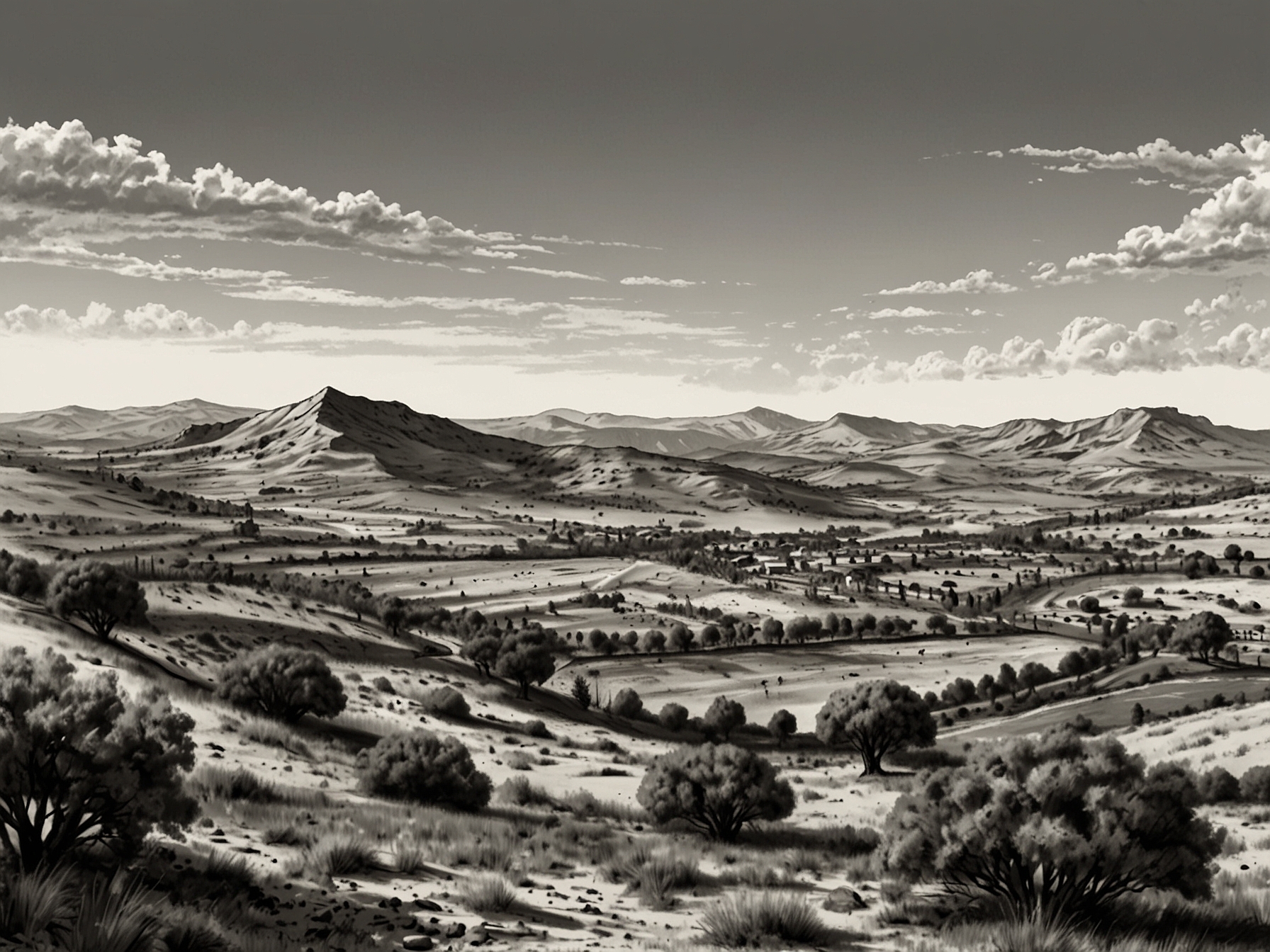
Fear mingles with a strange sense of glee among Israel’s leaders as they grapple with the shift in power. Boaz Shapira from the Alma Foundation voiced a notion that resonates across borders. “We don’t know much,” he said, reflecting on the uncertainty blanketing Israel’s future.
The dynamics of the region have shifted dramatically. Juanita, a resident of the Golan Heights, expressed ambivalence, saying, “While I’m relieved that Iran is losing footholds, I also feel a heavy weight. Who comes next?”
As the Assad regime crumbles, a sense of celebration brews in Israel, a land that has long fought against Iranian expansion. The fall of Assad is seen as a blow to Iran’s strategic posture in the region. Israeli leaders are keen observers at this turning point.
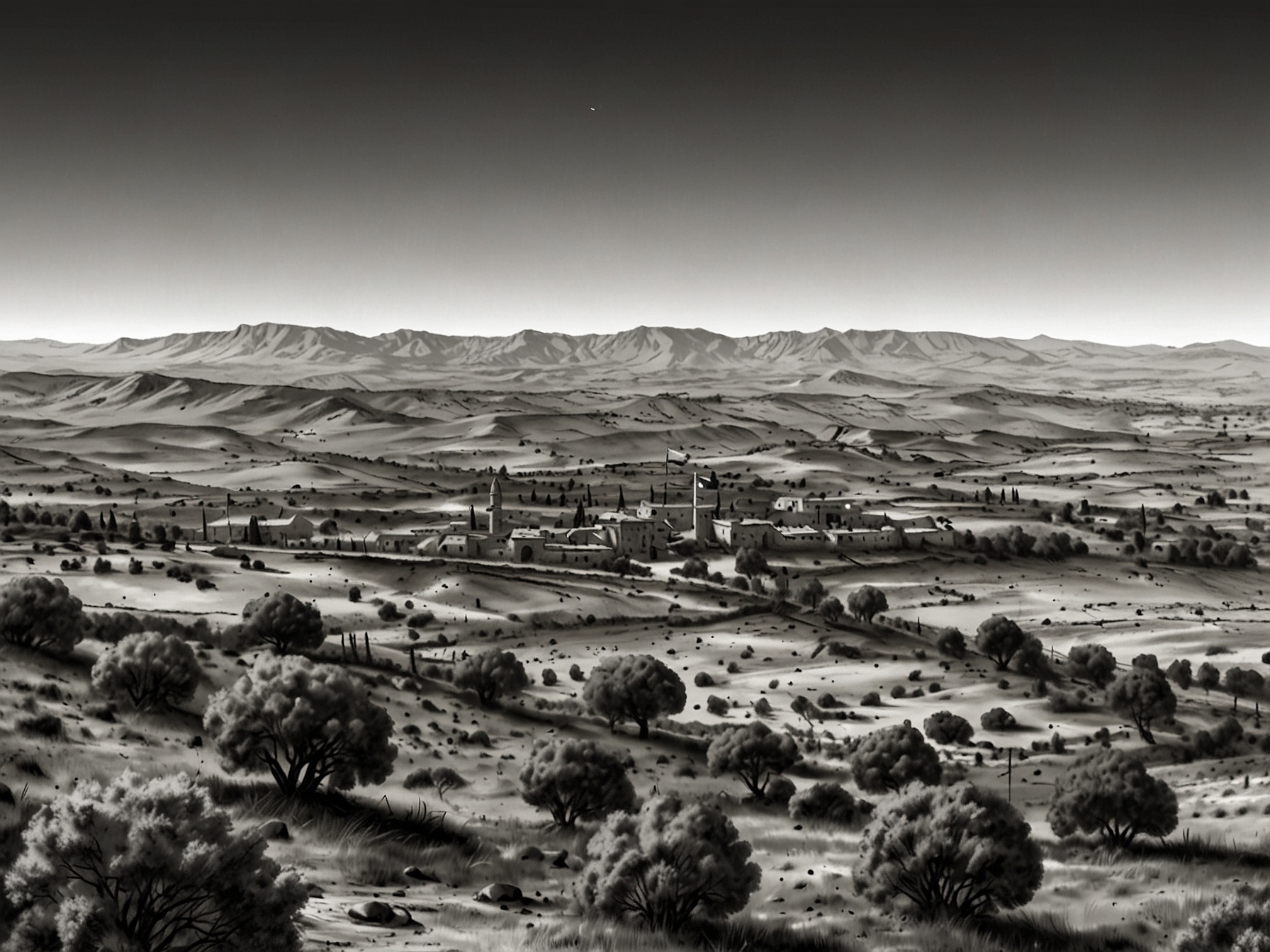
They eagerly hope for a weakened Iranian influence. They envision a new landscape in which peace could be there at last. Yet, the breakthrough poses new questions about the nature of those who now hold power in Syria.
The recent capture of Damascus by rebel forces raises an eyebrow or two. Who exactly are these rebels? They operate under the name Hayat Tahrir al-Sham, formerly linked to al-Qaeda.
With a bounty still placed on the head of their leader, Abu Mohammad al-Jolani, the future feels uncertain. The complexity of this situation doesn’t escape the minds of strategists. Amos Yadlin, a former Israeli defense official, surmised a nuanced reflection.
“The rebels tearing down posters of Iranian commanders illustrates the severe blow to the axis,” he stated, summing up the bittersweet nature of this conflict. However, that doesn’t mean the new rulers in Damascus will be straightforward to deal with. They could pose a different kind of threat.
Will their radical roots make them unpredictable? Or have they learned lessons from history? Some argue they seem rational, choosing to maintain order rather than chaos.
Amidst their campaigns, Jolani openly urged other factions to leave state institutions unharmed. “To all military forces in the city of Damascus,” he wrote, “it is strictly forbidden to approach public institutions.” In an era marked by destruction, that plea feels almost revolutionary.
Contrasting perspectives flood the conversation. While some view it optimistically, others stand cautious. The Minister of Diaspora and Combating Antisemitism painted a dire picture.
“The bottom line is that most of Syria is now under the control of affiliates of al-Qaeda and Daesh,” he warned, calling for stronger military action along the buffer. Even as decisions are weighed heavily, understanding the myriad of players involved is pivotal.
Shapira remarked on the challenge: “There are dozens of different militias. It’s going to be very challenging for Israel.” The terrain is rife with contradictions. Israel’s military found itself delaying action.
Could the Israelis bring peace or inadvertently fester further conflict? Opposition leader Yair Lapid brought his perspective to the debate. He stressed the urgency for a coalition with regional partners.
“We need to strive for a comprehensive political achievement that will also assist us in Gaza and the West Bank,” he proclaimed. In a world where power dynamics shift at breakneck speed, this moment demands reflection.
As the Golan Heights gaze upon an uncertain horizon, the ramifications of these decisions will resonate for years to come. Can peace prevail amidst chaos? And what does the future hold for this strained yet hopeful region?

